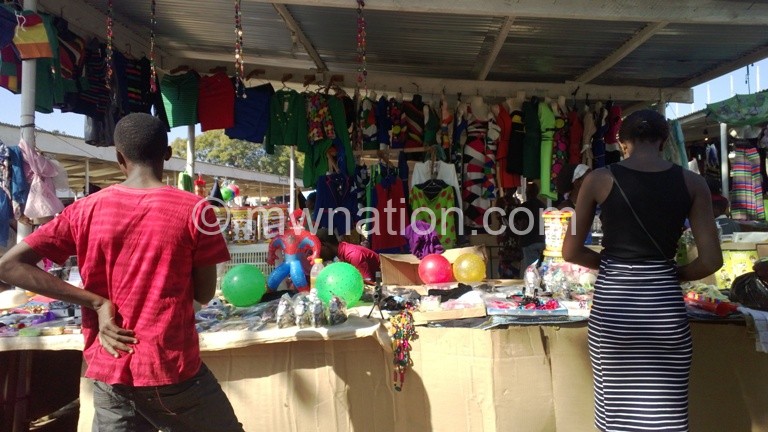Neef lending conditions irk SMEs
Some small and medium enterprises (SMEs) have complained that borrowing conditions for the National Economic Empowerment Fund (Neef) are not conducive for the growth of small businesses.
The Tonse Alliance government rebranded the Neef from Malawi Enterprises Development Fund (Medf) with the view to align it with the new government agenda.
The government injected K75 billion capital for the Neef purposes of loan disbursement to small businesses to spur the growth of SMEs for creation of more jobs and to achieve economic growth.
According to Neef, the loans have mainly targeted the youth and women with the loan products, targeting the groups have a monthly 2.5 percent interest rate, 3.5 percent once off processing fee and 1.5 percent insurance.

National Small and Medium Enterprises (Nasme) national coordinator William Mwale in a written response on Tuesday described the conditions as prohibitive and not different from what some commercial banks offer.
He said coupled with collateral demands for existing small-scale businesses, Neef loans will only benefit established businesses at the expense of SMEs who need capital the most.
He said: “Generally, the Neef loans have many bottlenecks that will leave out many SMEs who intend to borrow.
“The requirements are stringent and not different from commercial banks or other loan predators. The government should make these loans responsive to the needs of those in need to start or expand their businesses.”
One of the Lilongwe based SMEs, Pledge Sambo, who is a sole proprietor of Potter’s House Ceramics said his business expansion need of K10.5 million loan application to Neef was thrown out due to the lack of collateral, despite proving his business was viable with ready customer base.
He said he wanted the money to buy a kiln in South Africa for increased production of household and industrial ceramic products which could have created more than 40 jobs in the production value chain with more expansion in future.
However, Neef public relations and marketing officer Whytone Kapasule on Wednesday said the current rates and tariffs were set after taking into account the target market and the desire by the shareholders to have the fund as a sustainable entity.
He said: “The normal practice with any financial sector player is that rates and tariffs are set and reviewed from time to time dependent on prevailing market and firm specific conditions.
“With respect to collateral, Neef is a regulated micro finance institution by the registrar of financial institutions whose regulations include the safeguarding of shareholders’ funds.
Kapasule said in complying with these regulations, the issue of collateral has proved to be a contentious one when looked at from a position of poor masses that have no access to forms of security.
He said the micro finance industry’s risk profiles necessitate that the players should hedge themselves properly through appropriate pricing.
National Working Group on Trade and Policy chairperson Frederick Changaya said it is the indigenous participation in small business that can spur sustainable and meaningful economic development in Malawi.
“Neef is a strategic entity that can reduce dependency rate which is a lead measure for economic development…I feel the interest rate is within range and microfinance organisations may ask much more. The rate by Neef is like commercial banks—maybe where one may ask for consideration is the one off 3.5 percent.
He expressed fear that without collateral it would be difficult to enforce collection.
“It would be free for all and this would deny future and potential borrowers since the fund would be depleted”.





